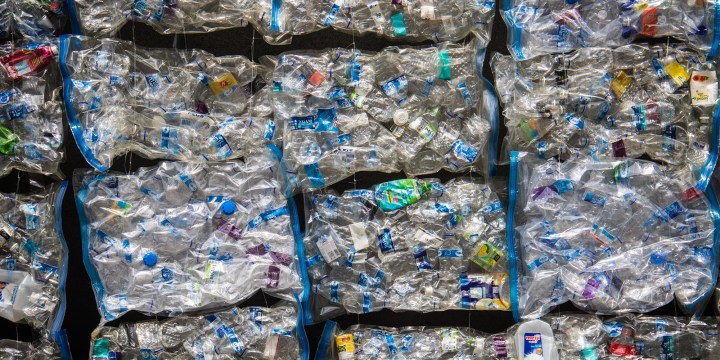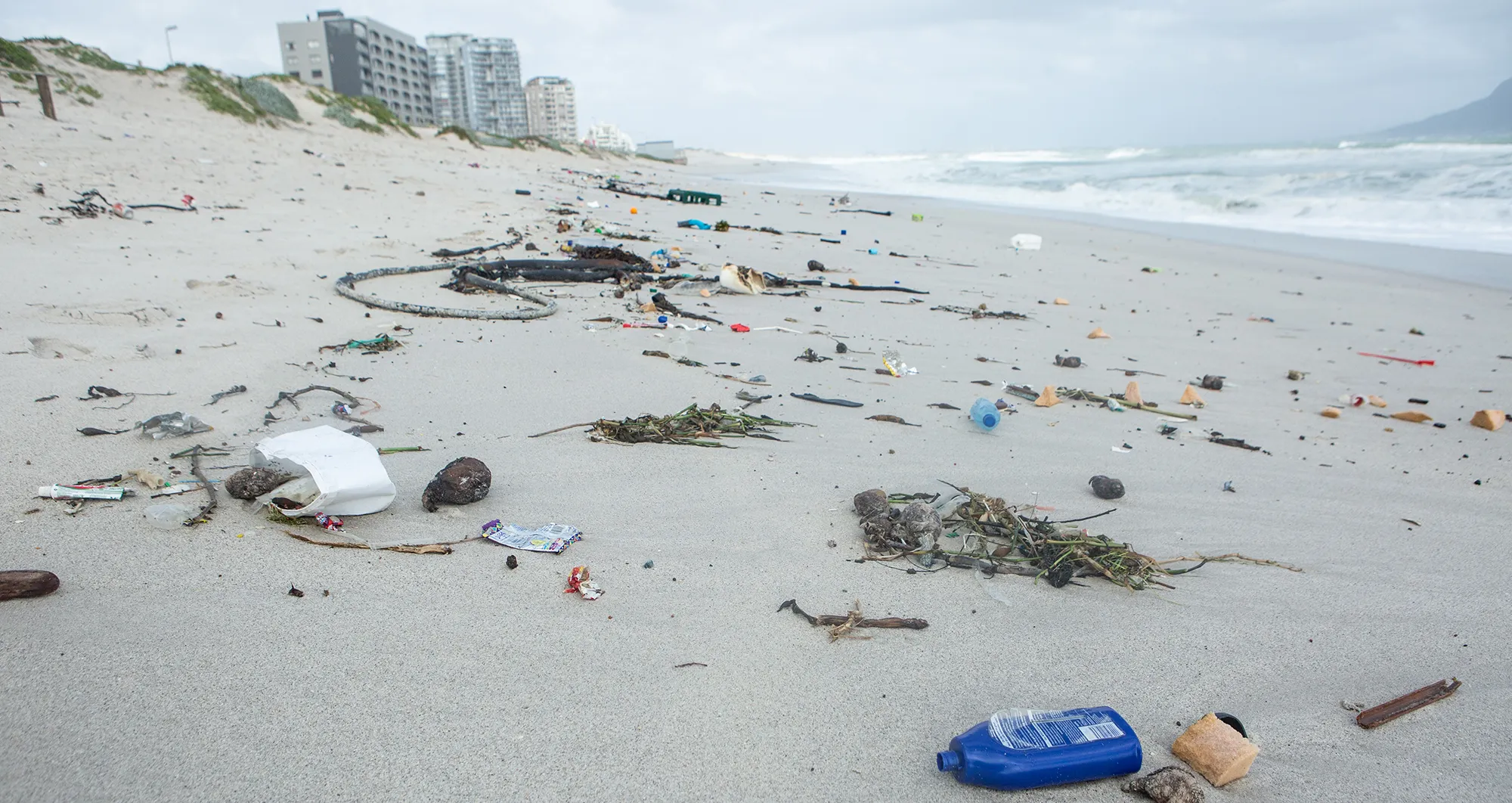OUR BURNING PLANET
Plastic waste: A multitrillion-dollar problem for society

Plastic waste is one of the most prevalent forms of pollution and also one of the most concerning. While the environmental costs of plastic pollution have become clear, the societal cost of plastic is equally alarming.
The societal cost of plastic for 2019 alone amounted to $3.7-trillion, more than the GDP of India and 85% of global health spend, according to a report by global consulting firm Dalberg, commissioned by the World Wide Fund for Nature (WWF). If plastic production continues under “business as usual” circumstances, these costs are set to almost double by 2040 to $7.1-trillion.
Titled “Plastics: The cost to society, environment and the economy”, the report’s alarming findings show a doubling of plastic production, and a tripling of plastic pollution to 29 million tonnes, which will result in 600 million tonnes in the oceans by 2040. Greenhouse gas emissions from the plastic life cycle will account for up to 20% of the entire global carbon budget, accelerating the climate crisis.
As the report is released, the International Union for Conservation of Nature (IUCN) World Conservation Congress will continue discussions over the conservation of plastic-affected marine life.
In comparison to the market price of virgin plastic, the report shows that the cost of plastic to society, the environment and the economy is at least 10 times higher due to data gaps, with the approach to the plastic crisis failing and disproportionately affecting marginalised communities.
Recently, the first Global Ministerial Meeting on Marine Litter and Plastic Pollution took place and several countries, including Ghana, Vietnam, Ecuador and Germany, supported a treaty to fight marine litter and plastic waste in the environment. South Africa did not participate.
In June, a leaked draft policy document showed that the Department of Forestry, Fisheries and the Environment had not joined a global treaty that sought a worldwide solution to the pollution associated with the lifecycle of plastic.

A general view of pollution at Blouberg Beach on August 18, 2020 in Cape Town, South Africa. (Photo: Gallo Images/Misha Jordaan)
“Marine litter is best addressed by rethinking how we design, use and dispose of plastics. We need to revisit and inform the entire supply chain. And if we do this, we can make our economies, societies and planet greener and healthier,” said Inger Andersen, executive director of the United Nations Environment Programme, in a speech at the Ministerial Conference.
In efforts to reduce marine litter and create a sustainable planet, the WWF is calling on all governments to begin negotiations on the legally binding global treaty on marine plastic pollution at the UN Environment Assembly in February 2022.
Furthermore, more than two million people have signed a petition for a global treaty on marine plastics pollution, with more than 75 businesses endorsing the call, while 119 UN member states have supported the establishment of a new global agreement on plastic pollution.
Marco Lambertini, the director-general of WWF, said that the plastic problem was not showing any signs of slowing down, but that the commitment to tackle the issue had reached unprecedented levels. He said alternatives were needed to stop plastic leakage into the environment by 2030.
A WWF 2020 report on plastics points to plastic packaging being a “leaking hotspot” for waste, as 52% of raw plastic material is used for packaging.
“This is the first time we have seen such a clear assessment of some of the unaccounted costs being imposed by plastic pollution on society and they are a burden that is too high to bear — both for people and the environment,” Lambertini said.
At present, plastic pollution reduces marine ecosystem services by up to $2,500-billion each year. About 2,370 million tonnes of plastic waste is generated in South Africa every year. Of that, 70% is collected, but just 14% of it (including imported waste) is recycled. DM/OBP



















 Become an Insider
Become an Insider
Comments - Please login in order to comment.